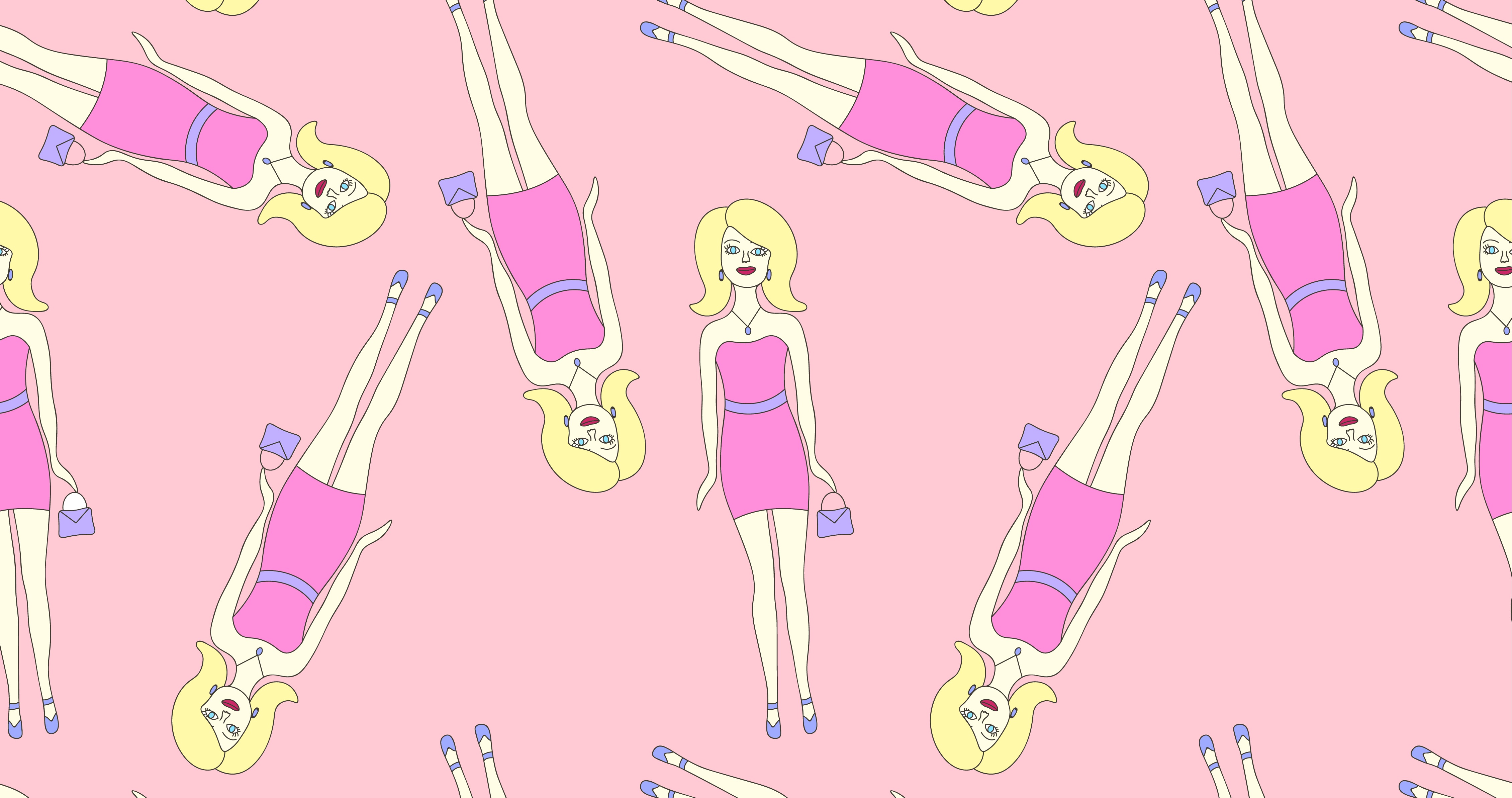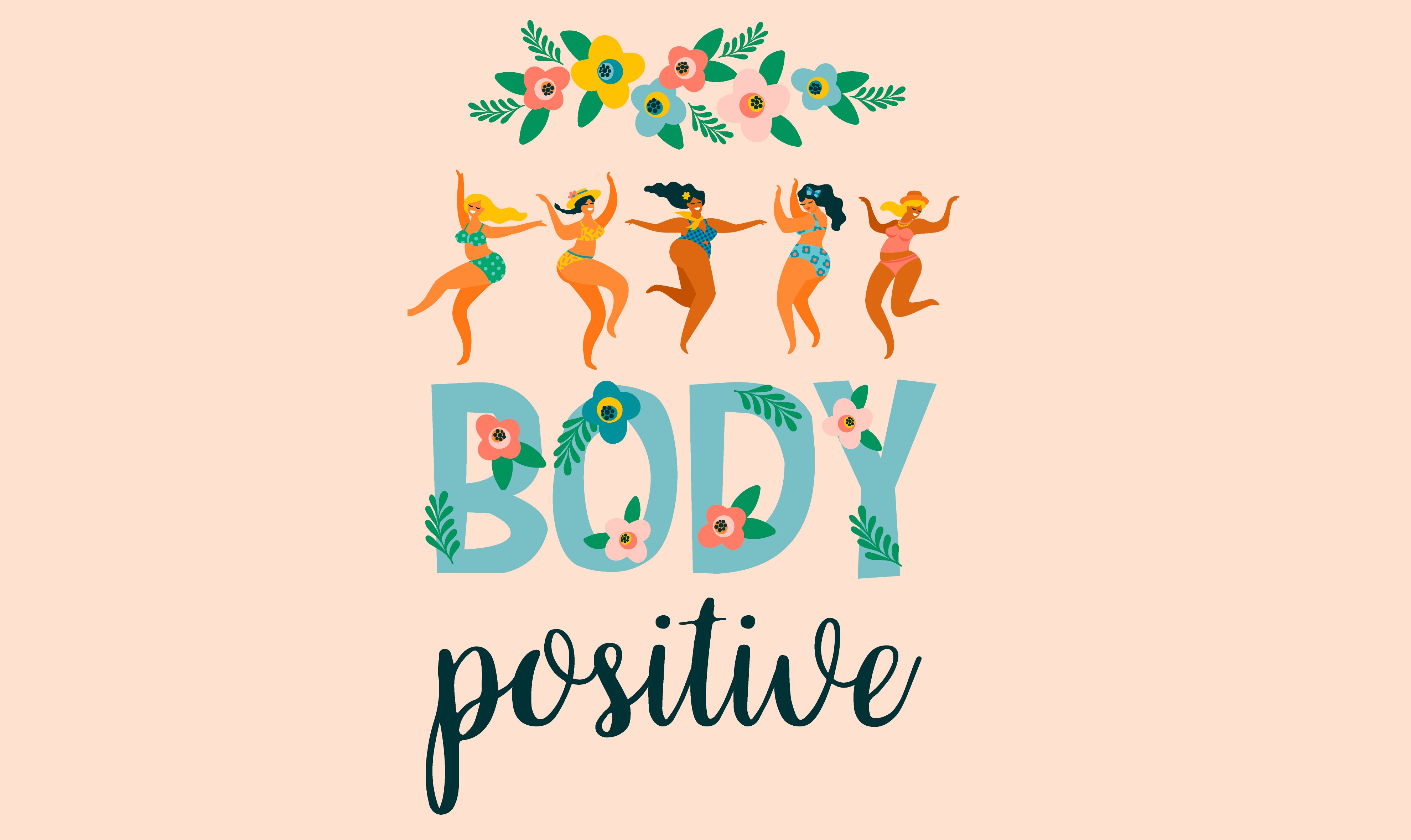Singer Lizzo criticised the movement in an interview, stating it is “almost a negative space for fat bodies and brown bodies”, and a selection of news outlets have discussed whether the movement is “fake” or “toxic”.
But is body positivity actually important? And does it really affect people’s day-to-day lives?
The answer is “yes” to both questions, says Dr Gemma Witcomb, a Senior Lecturer in Psychology, who researches body image and its impact on eating behaviour and psychopathology.
In the latest episode of the Cuppa with a Scientist podcast, Dr Witcomb discusses her research in this area and explains that the movement can have a real impact on people’s diet and wellbeing.
“We’re so influenced by what we see around us in terms of what is the ideal body and that influences our body image, which can influence our eating behaviour”, said Dr Witcomb.
“It also impacts wellbeing, so if we’re seeing images that make us feel anxious or feel like we’re not good enough, it impacts eating behaviour.
“We live in a society of normative body discontent for women – and more increasingly, men – where disliking your body is seen as totally normal and even expected. It shouldn’t be.
“Lizzo’s body positivity message and the desire to re-frame bigger bodies as normal is so needed for positive wellbeing.”
As part of her podcast interview, Dr Witcomb explains that body image issues are not exclusive to young women that compare themselves to what they see on social media.
“I’m interested in how body image issues impact different populations, so yes looking at young women but also people that are really physically active that might control their diet in a different way, men and the increasing pressure they face, women that have had babies, and women that have experienced major changes that impact how they view their bodies – to name but a few examples", said Dr Witcomb.
“It’s quite a wide area and body issues can affect people that you think should know better - for example, you’d think older women know that images in magazines have been airbrushed, and the celebrities they see have a certain diet, a personal trainer, etcetera, but these images still have a massive effect.
“My research is also led by things that interest me in my personal life. So, I’ve got a friend who is having a horrific time with a particular type of gynaecological cancer and this has impacted her body image, to the point where her marriage has broken down.
“It’s such an under-researched area because nobody goes near it and there is still a stigma attached to it, though there shouldn’t be.
“So yes, there are a lot of areas impacted by body image, it’s more than just young girls asking, ‘do I look fat in this?'"
In the podcast episode, Dr Witcomb also discusses the impact of childbirth on body image plus Barbie and whether the doll is an instrument of female oppression or a positive influence.
 Image courtesy of Getty Images.
Image courtesy of Getty Images.
Dr Witcomb commented: “A lot of the links between what we see and our body image make sense, it’s not rocket science, but it’s what we do with this information and how we change a society that is feeding these messages that we know are harmful.”
To watch Dr Witcomb’s interview in full – which also discusses moving to India, juggling children and academia, researching gender identity, sexuality, mental wellbeing, and more – click the below YouTube video.
Or if you prefer to listen to your podcasts, you can do so here:
‘Cuppa with a Scientist’ is a podcast series launched by the Loughborough University PR team that aims to inspire the next generation of scientists and dispel the myth that all scientists wear white lab coats. Read more about it here.
If anyone would like any guidance or support regarding eating disorders, the charity Beat has helpline services available 365 days a year. For more information on the services visit: https://www.beateatingdisorders.org.uk/support-services











